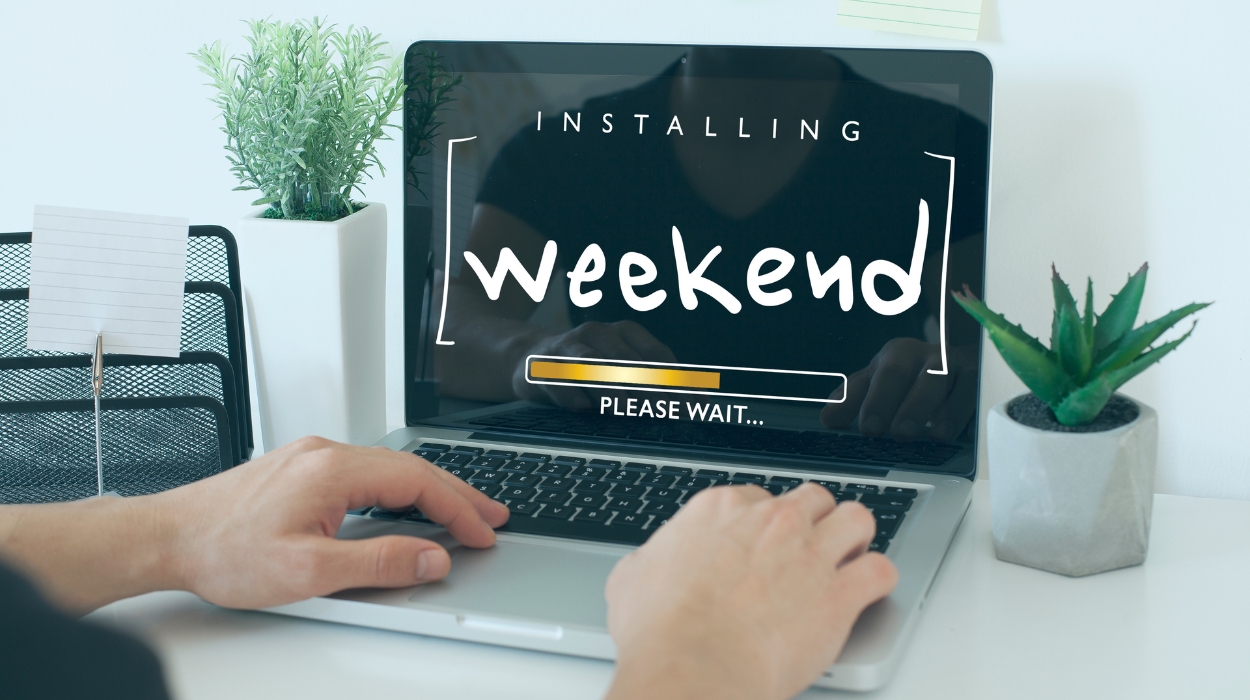Social anxiety disorder[1] is a diagnosable mental health condition. People with social anxiety disorder aren’t just shy. They experience intense fear in social situations, and it interferes with daily life.
If you have a difficult time in social situations, you may wonder if you have social anxiety. Take the social anxiety quiz below to see where you fall.
This quiz shouldn’t take the place of an assessment with a mental health professional. However, it can give you an idea of whether it’s time to seek a professional assessment.
How This Social Anxiety Quiz Works
This quiz evaluates how likely it is you’re experiencing symptoms related to social anxiety disorder. It is based upon diagnostic symptoms of this disorder.
You will receive a total score between 0 and 45. Higher scores indicate a higher level of social anxiety. Your total score is the sum of your responses across all items.
Who Is This Social Anxiety Quiz For?
This quiz is for anyone who struggles with participating in social settings or public performances. If you experience extreme fear before social gatherings or public presentations, this social anxiety quiz might be for you.
This social anxiety quiz can also be useful for a friend or loved one who is experiencing anxiety. It will help you or someone else decide if your social anxiety is typical or indicative of a disorder.
Is It Accurate?
This quiz cannot diagnose social anxiety disorder. However, it can provide insight into whether you have symptoms of this anxiety disorder.
The questions in this quiz are based on diagnostic symptoms of social anxiety disorder.[1] So, the questions here can give you an accurate reflection of your likelihood of having this mental health condition.
If you score as likely or very likely to have social anxiety disorder, reach out to a mental health professional. This professional can provide a formal assessment and a customized treatment plan.
Other Things You Might Want To Know
Everyone experiences anxiety or worry from time-to-time. Sometimes, this anxiety occurs in response to normal stressors.
For instance, you might worry the night before a major presentation. Occasionally having anxiety in social situations isn’t usually a sign of a problem.
However, when you have a disorder like social anxiety, symptoms interfere[2] with daily life. They can make it difficult for you to maintain a job or have satisfying relationships. Having high levels of social anxiety suggests it may be time to seek treatment.
If you found this social anxiety quiz helpful, consider reviewing information from the following expert sources:
- National Institute of Mental Health: Social Anxiety Disorder.[1]
- National Institute of Mental Health: Anxiety Disorders.[2]
- Research on the Prevalence of Social Anxiety Disorder.[3]
Frequently Asked Questions
Research shows that 4.0%[3] of people across the globe experience social anxiety disorder during their lives.
In the United States, clinicians use the Diagnostic and Statistical Manual of Mental Disorders,[4] 5th Edition, to diagnose anxiety disorders. This book lists diagnostic criteria for a variety of mental health conditions, including social anxiety disorder.
Social anxiety disorder is diagnosed by physicians, psychiatrists or mental health professionals. Mental health professionals who may diagnose anxiety disorders include psychologists, professional counselors, and clinical social workers. Psychiatric nurse practitioners may also diagnose social anxiety disorder.


 Author's opinion
Author's opinion




i understand, i'm listening, i'm here for you